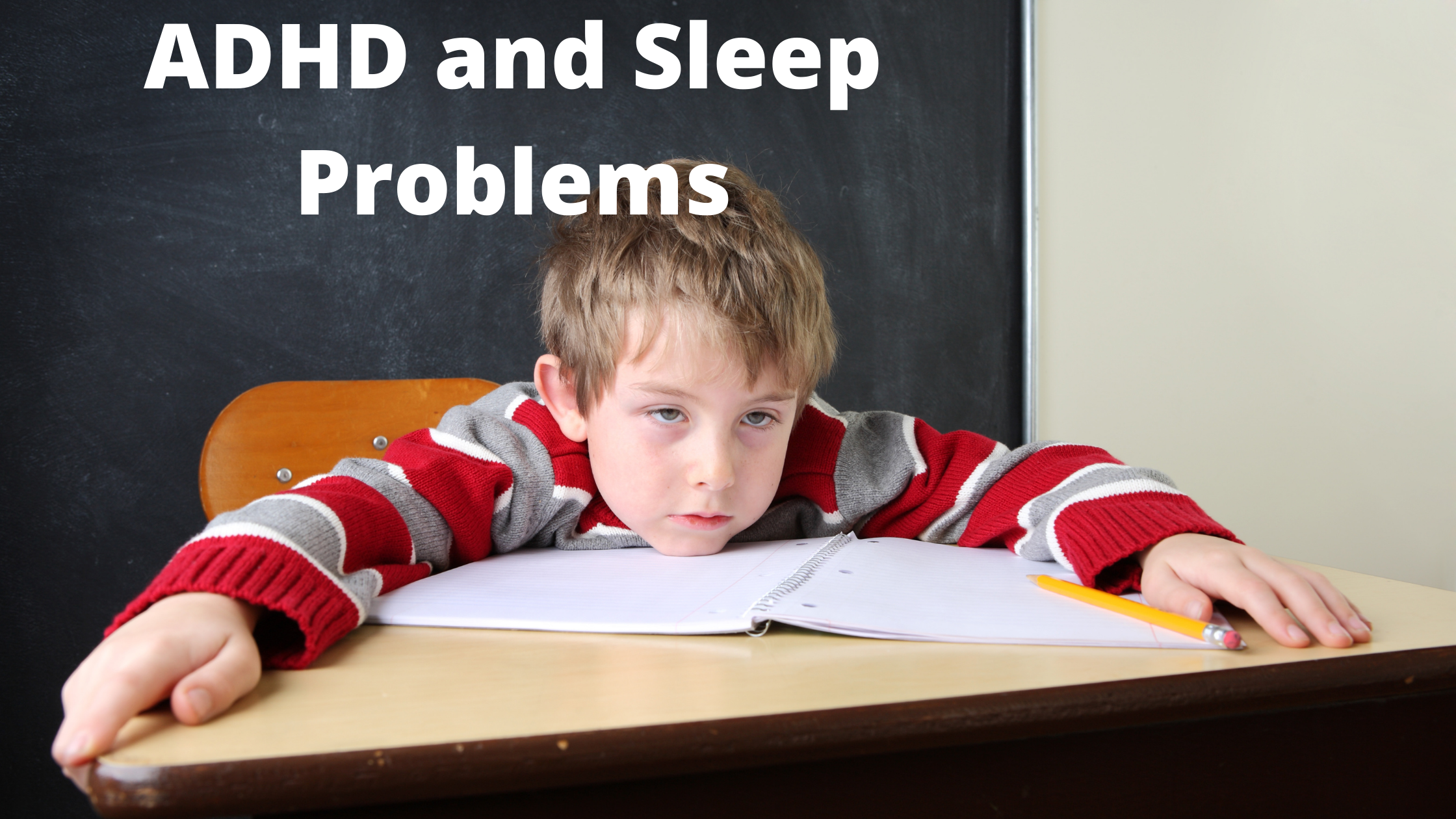
Children diagnosed with attention-deficit/hyperactivity disorder (ADHD) often struggle with a lack of attention and overactivity. Do these problems roll over into sleep? Absolutely. Children with ADHD often struggle with sleep issues, from insomnia to other sleep disorders. It's important to treat sleep problems, as this can reduce both sleep disorders and ADHD symptoms. Continue reading to find out more about this connection.
Connection between ADHD and sleep
Individuals with ADHD are more likely to begin experiencing shorter sleep times around puberty. They will have problems falling asleep and staying asleep, which can increase the risk of developing sleep disorders. Nightmares are also common in children with ADHD. These problems tend to increase with age and can be a red flag for worsening ADHD symptoms.
Those who are not very hyperactive during the day can even experience racing thoughts and a burst of energy at night that can cause issues with sleep. Nighttime may also be the time to hyperfocus, or ruminate on a specific topic that can also keep individuals up at night.
Many individuals with ADHD experience daytime sleepiness and difficulty waking up because of how much trouble they had going to sleep.
Biology behind sleep disturbances
Those with ADHD may have sleep disturbances because of a delayed circadian rhythm with a later onset of melatonin production. This means that they need to go to sleep later because their brains don't produce the "sleep hormone" until later at night. But early wake-up times for school can create a very short window of sleep for these individuals.
Stimulation from medications can either provide a calming effect or be the cause of insomnia. Other issues, such as anxiety, depression, substance abuse, poor sleep hygiene, etc., may also play a role in sleep difficulties.
Common sleep disorders in people with ADHD
Generalized insomnia is a sleep disorder present in many individuals with ADHD. However, other sleep disorders happen much more often in individuals with ADHD than in other populations.
Circadian Rhythm Sleep Disorder
Most individuals with ADHD are more alert in the evenings, due to the delayed release of melatonin. This makes it difficult to adhere to early school and work schedules. Causes of this include a smaller pineal gland, irregularity in the genes that control the biological clock, and later melatonin release. Taking melatonin supplements are specific times or using bright light therapy in the morning may help to offset the effects of this disorder.
Sleep-Disordered Breathing (SDB)
SDB includes symptoms like snoring and sleep apnea, and affects up to one-third of patients with ADHD. SBD leads to issues with sleeping and daytime sleepiness. Treating SBD, however, may lead to reduced symptoms of ADHD and a decreased need for stimulants. Removing the tonsils may help with sleep-disordered breathing in children, while adults will benefit from a CPAP.
Restless Leg Syndrome (RLS)
Individuals who have RLS struggle with tingling sensations in the legs that can make it hard to get comfortable enough to fall asleep. RLS and other periodic limb movement disorders happen to almost half of individuals with ADHD. This disorder may be caused by iron and dopamine deficiencies, which are also common in ADHD. This is treated with iron supplements or dopaminergic agents.
Narcolepsy
Individuals with narcolepsy tend to fall asleep at a moment's notice throughout the day, but may have trouble sleeping soundly throughout the night. The link between Narcolepsy and ADHD is unclear, but they. may have the same cause, such as a faulty gene or an issue with neurotransmitters. Narcolepsy is normally treated with medication.
Treating these underlying disorders may be an important step in improving the sleep of individuals with ADHD, as well as their ADHD symptoms.
Sleep tips for Children and Adults with ADHD and sleep problems
Individuals who have ADHD and also struggle with sleep problems can try a variety of things to assist them with their symptoms. For all individuals, consistent bedtime routines and healthy sleep hygiene practices may help to reinforce the link between certain behaviors and an impending bedtime.
Other lifestyle modifications can be taken to help with sleep, including:
- Reducing sugar, caffeine, and alcohol right before bed
- Avoid screen time before bed
- Refrain from engaging in stimulating activities or projects that require hyperfocusing
- Creating a stress-free zone in the bedroom reserved for sleep and sex only (adults)
- Exercise and get sunlight
- keep the bedroom dark, cool, and quiet
- Go to bed and wake up at the same time every day, based on a realistic time for the age group
- Use a weighted blanket
If these don't work, and you feel like you or your child exhibits serious sleep disturbances, then please click the orange button below to take a free online sleep test and speak with one of our health professionals.
https://www.sleepfoundation.org/mental-health/adhd-and-sleep

